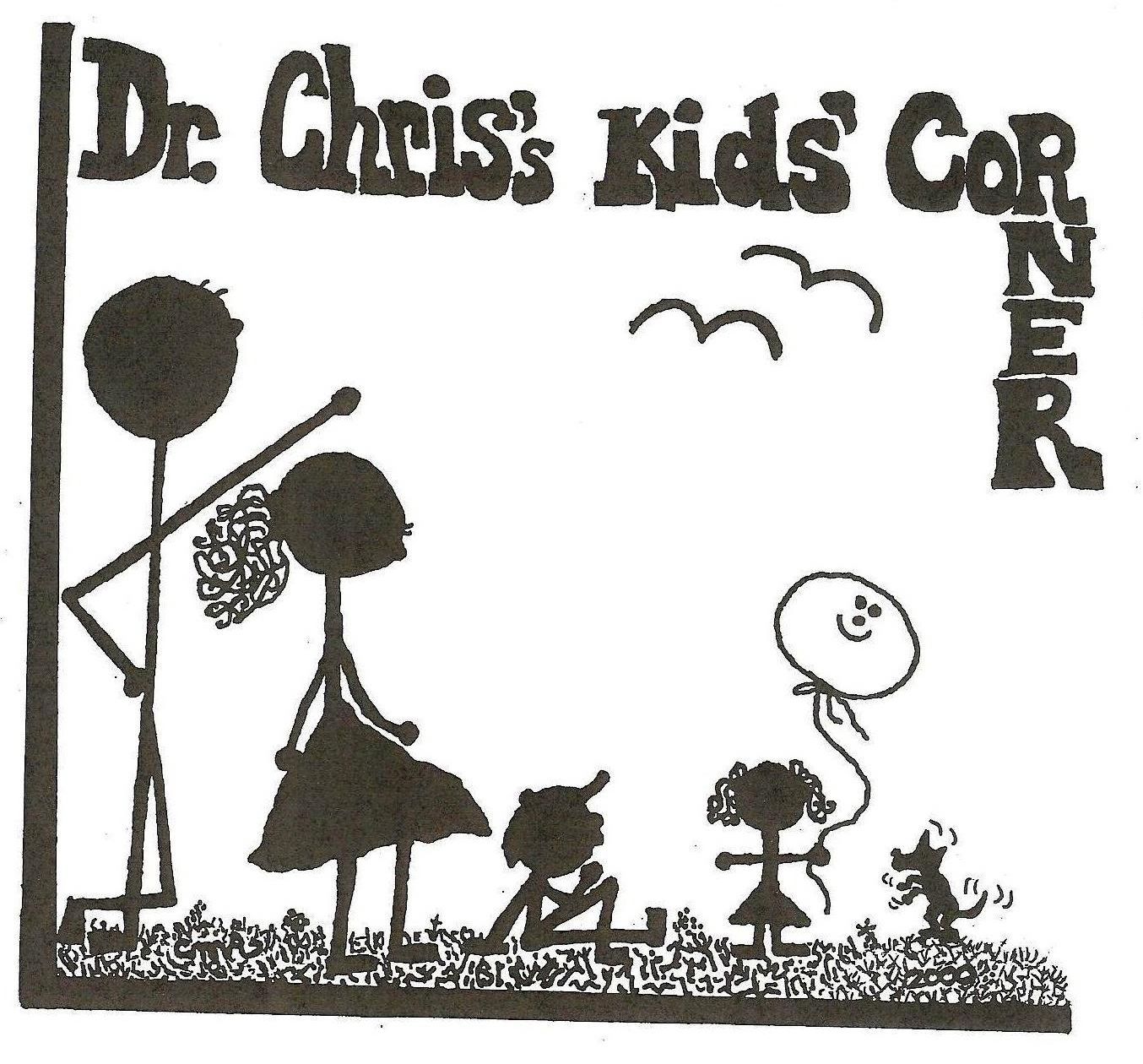WHAT IS ASPERGER´S SYNDROME?
Asperger´s Syndrome (AS) is a pervasive neurobiological developmental syndrome, with symptoms that are spectrum-like in nature. It is one of the Pervasive Developmental Disorders as categorized by the American Psychiatric Association in the Diagnostic and Statistical Manual for Mental Disorders IV (1994). AS is chronic and pervasive in nature, meaning it can have an effect on all aspects of one´s life to varying degrees throughout the lifespan. It is a brain-based group of behaviors, or syndrome, and its features are best understood on a continuum, which is one of the reasons why it is referred to as a "spectrum disorder." In a similar way, it is considered to be on the "higher functioning" end of Autistic Spectrum Disorders classified under the Pervasive Developmental Disorders.
The main characteristics of Asperger´s Syndrome include significantly poor social skills, difficulty with communication skills (both verbally and nonverbally), and a preoccupation with or a restricted pattern of interest in particular topic areas (e.g., Star Wars, insects, maps). When particularly distressed, those with AS may show some behavioral characteristics of those with more traditional Autism such as flapping and rocking, but for the most part, their deficits are in the areas of social, emotional, and communication skills.
People with Asperger´s Syndrome have a long history of poor social skills. They have problems making friends, especially with those of the same age group, but tend to get along better with people older or younger than themselves. Social situations are typically very anxiety-provoking for those with AS, and they may react with avoidance, agitation or meltdowns. They are unaware of the social "niceties" that are necessary in getting along with others, often seeing no need for such things. Those with AS lack social and emotional reciprocity with others, meaning that they do not engage in conversation for the mutual exchange of social or emotional information. Rather, for them it is more of a task instead of a relationship-building process.
People with Asperger´s Syndrome also vary in terms of their ability to communicate effectively. Some are pedantic and "professor-like" in their verbal communication style, often speaking in a monotone voice. Some act as if they "know it all," when in fact they may be boasting and are in over their heads. This does not bode well for making friends. In conversation, they can perseverate or "get stuck on" their topic of interest, and find it difficult to move onto another subject. Sometimes the person with AS does not recognize nonverbal turn-taking cues, and hence talks "over" the other person in conversation. Worse yet, I have seen people with AS refuse to stop talking because they were not finished making their point, regardless of where the conversation was going. Other nonverbal communication can also be problematic, such as communicating through body language or facial expression. For example, he/she may have poor or inappropriate eye contact, or show a lack of facial expressions no matter what the situation. The person with AS may not understand the concept of personal space and unknowingly invade others´ personal boundaries.
Another issue that bothers those with Asperger´s Syndrome is difficulty with transitions. They prefer routine, order and sameness in their lives and find it difficult to deal with a sudden change without it being predicted ahead of time. Without prediction prior to transition, meltdowns can occur.
Other co-morbid conditions can include the following: ADHD, depression, anxiety, OCD, sensory integration dysfunctions, and poor motor coordination.
Most folks with Asperger´s Syndrome have average to above average intelligence and some test within the superior range of intellect. Oftentimes, however, their academic achievement does not measure up to their higher degree of intelligence. This can be due to a number of factors including attention and focus problems, learning difficulties, boredom, miscommunications between student and teachers, and lack of adequate educational accommodations
Sometimes getting to the diagnosis of Asperger´s Syndrome can be lengthy but early intervention is always best. Although there is no cure, there are successful treatment strategies available in the areas of psychology, social skills training, vocational rehabilitation, occupational therapy, special education, music therapy, speech and language therapy, communication therapy, and psychiatry.
